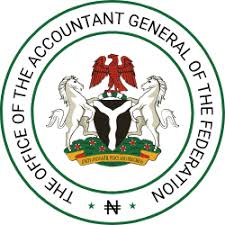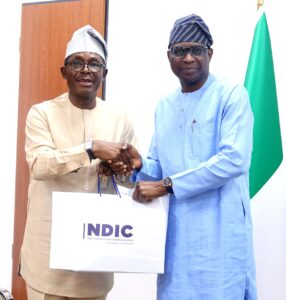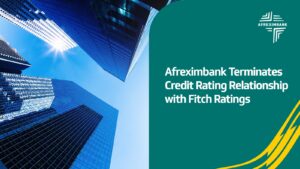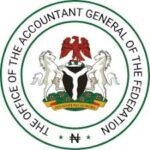The Central Bank of Nigeria (CBN) this Tuesday launched what it called the Nigeria Foreign Exchange Code (FX Code) a departure from the era of opaque practices.
The Bank said it will not hesitate to act against any institution or individual that undermines the integrity of the nation’s financial markets.
The FX Code is built on six core principles—Ethics, Governance, Execution, Information Sharing, Risk Management and Compliance, and Confirmation and Settlement Processes. These principles align with international standards while addressing Nigeria’s unique challenges. The CBN say they provide the foundation for a resilient and transparent market that inspires confidence among both domestic and international participants.
Mr. Olayemi Cardoso, Governor of the Central Bank at the launch of the FX Code which was held at the Head Quarters of the CBN in Abuja said the Code is a binding commitment to accountability and transparency and told stakeholders that all must play their part.
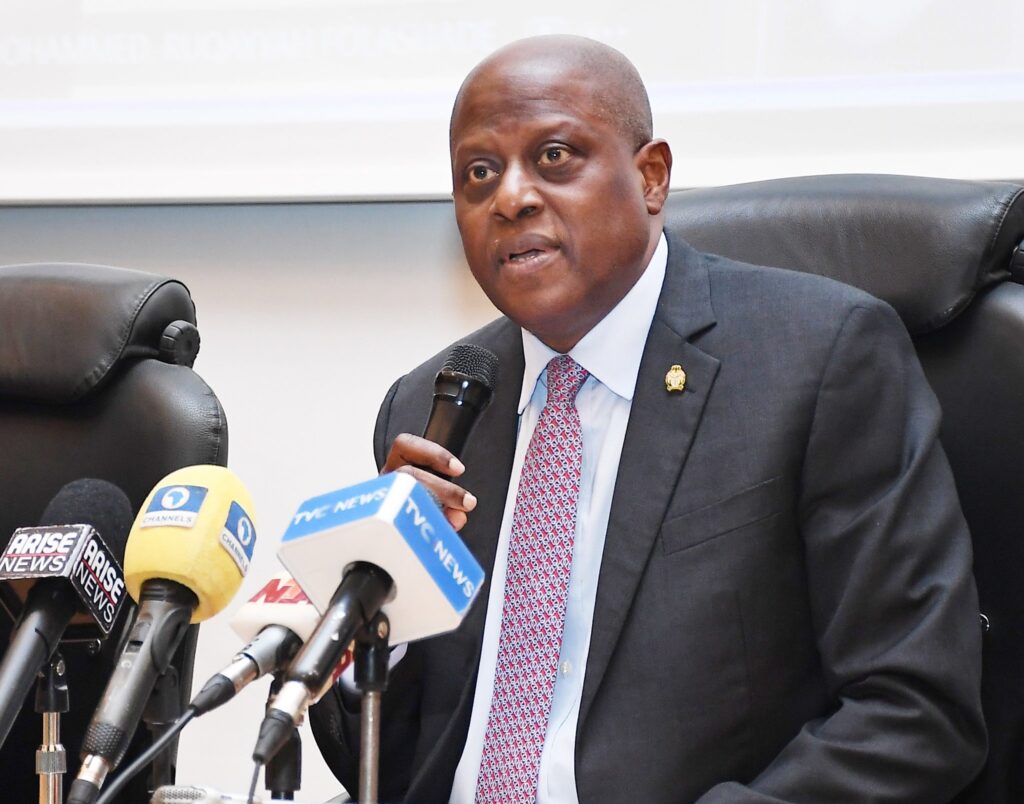
Cardoso said ideas shared in at the launch reaffirm a collective commitment to shaping a more resilient and transparent FX market.
“The FX Code represents a decisive step forward, setting clear and enforceable standards for ethical conduct, transparency, and good governance in our foreign exchange market,” he added.
“It is a firm signal that business-as-usual will no longer suffice. It is also a blueprint for the future, grounded in the hard lessons of the past”.
“We must not forget where we are coming from. The era of multiple exchange rates, which created privileges for a select few at the expense of most Nigerians, severely undermined market integrity. As an example, the $7bn of FX backlogs that has taken over 12 months to verify has led to the discovery of multiple unethical and even illegal practices that we should not be proud of as a nation. The forensic verification process is now near complete, and final settlements will be processed accordingly”.
The governor who took a swipe at the period of unprecedented ways-and-means-financing said it inflicted significant damage on the economy, contributing to inflation, currency depreciation, and eroded public confidence. These practices, he said must never return.
“The FX Code is a firm rejection of such distortions and an equally firm commitment to a future defined by fairness, trust and market-driven principles”.
“Let us be clear: the system itself played a key role in the challenges of the past. Unethical behaviours and systemic abuses – whether by those with privileged access or by complicit participants – eroded public trust and harmed our economy. We will not tolerate any attempts to revert to those practices. Any individual or institution that violates the FX Code will face swift and decisive sanctions”.
He affirmed the journey towards market reform is already yielding results. “The year 2024 was marked by structural reforms which sought to return the naira to a freely determined market price and ease volatility as several distortions were removed from the market”.
“Reforms including discontinuation of quasi-fiscal interventions, unifying the exchange rate windows, clearing a backlog of foreign exchange commitments, and recalibrating monetary policy tools were all necessary to redirect the course of our economy, restore order and credibility to our FX market, and refocus the CBN on its core mandates”.
“Notably, the introduction of the Electronic Foreign Exchange Matching System (EFEMS) in December 2024 has improved market transparency and efficiency. Since its launch, the naira has appreciated significantly—from ₦1,663.90 on December 2, 2024, to ₦1,536.72 as of yesterday”.
On Exchange rate stability, Mr. Olayemi Cardoso said it is a cornerstone of macroeconomic health for an economy like Nigeria’s. “Beyond daily market rates, the exchange rate influences critical indicators such as the balance of payments, external reserves, international trade, inflation, economic growth, and foreign investment. These factors collectively shape the economic welfare of our nation and people. Inflation in particular remains a critical challenge as rising prices erode purchasing power and increase the cost of living—but by fostering exchange rate stability, we are tackling this issue head-on”.
The FX Code, he said, marks a new era of compliance and accountability. “It is not just a set of recommendations; this is an enforceable framework. Under CBN Act 2007 and BOFIA Act 2020, violations will be met with penalties and administrative actions. Market participants must recognize that adherence to these principles is not merely about compliance but about restoring public trust in our financial system”.
Beyond the foreign exchange markets, Mr. Cardoso said the FX Code forms part of CBNs renewed focus on compliance across the financial services industry. “Self-regulation and conduct are at the core of the changes in culture we expect to see at play in the industry, and I expect the principles of the FX Code to be applied across other business areas”.
He called on all market participants to embrace its principles wholeheartedly. According to him, the six guiding principles and 52 sub-principles must become the standard for conduct across all participating institutions. “Leaders in this room – Board Chairs, Managing Directors, and Chief Compliance Officers – must lead from the front. Embedding these standards within your organizations is not optional”.
Before signing the FX Code, the governor appreciated the Financial Markets Dealers Association (FMDA) for training members on the FX Code and EFEMS, the Global Foreign Exchange Committee (GFXC) and all stakeholders, urging them to see the moment as a collective pledge to transparency, ethical conduct, and fairness in the financial market.
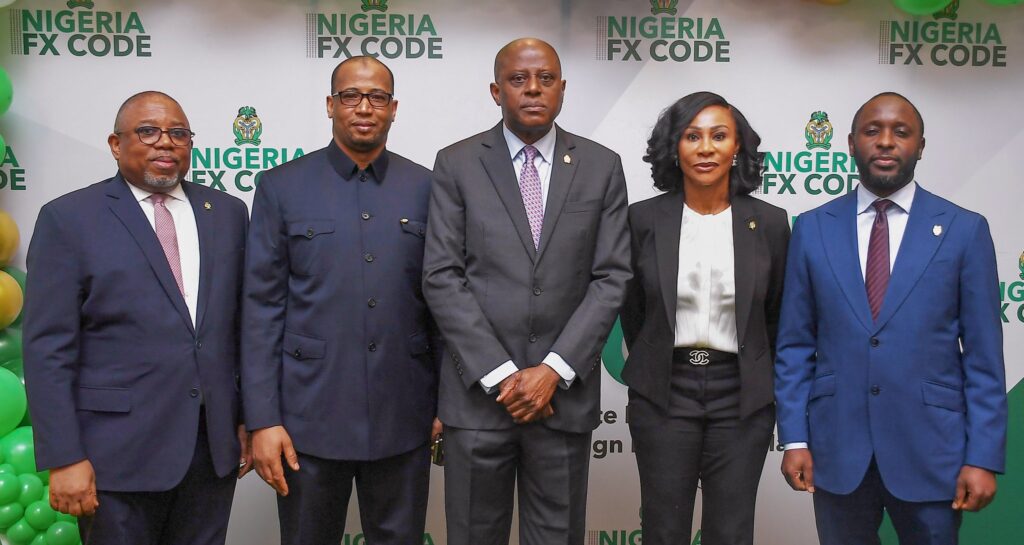
Good production costs money and you can support what we do. Please find our details below👇🏾👇🏾👇🏾 Account name: MARKET ONLINE MEDIA Bank: UBA Acc No: 1026401930.













